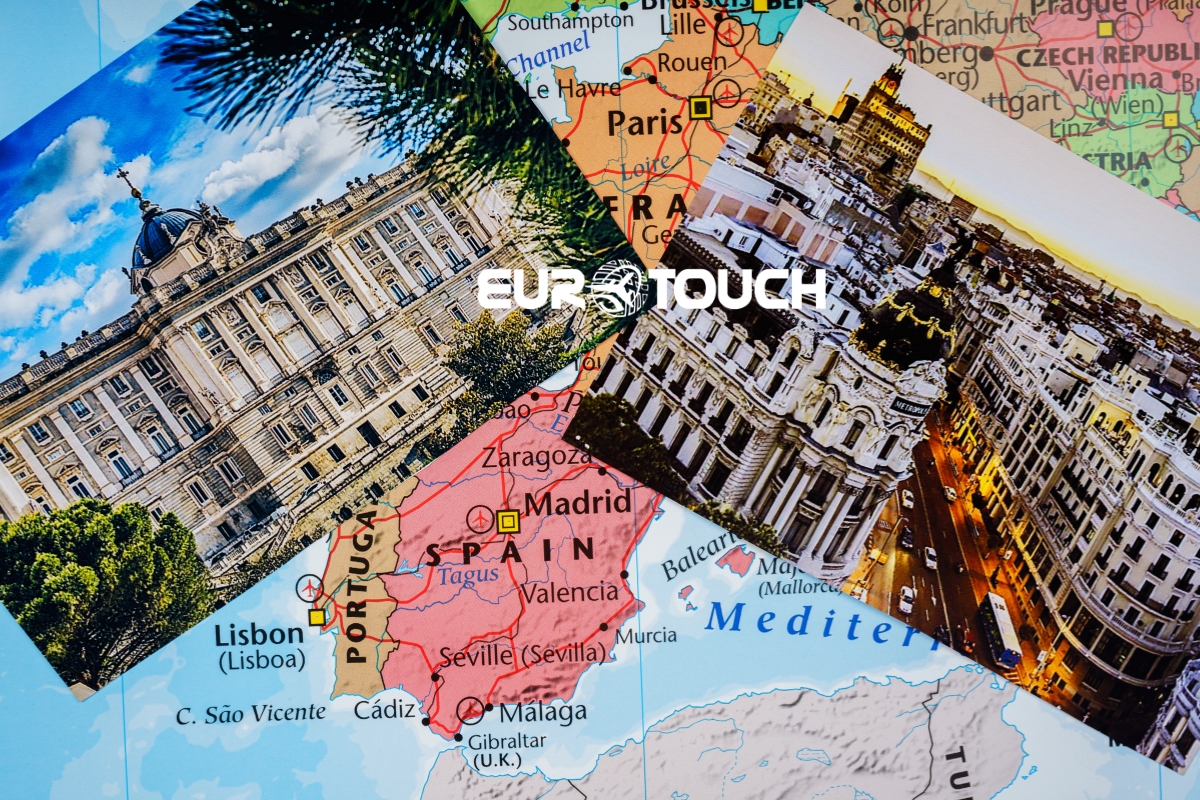
Embarking on your first trip to Europe is an exciting milestone, filled with anticipation and the promise of new experiences. With its rich history, diverse cultures, and stunning landscapes, Europe is a dream destination for many travelers. However, to make the most of your adventure, proper preparation is key. Here s a guide to help you get ready for your European journey.
Choose Your Destinations Wisely
Europe is a vast continent with 44 countries, each offering unique attractions and experiences. Start by identifying the countries or cities you most want to visit. Whether it s the romantic streets of Paris, the historic ruins of Rome, or the scenic fjords of Norway, selecting a few key destinations will help you plan your itinerary effectively. Consider the time of year, as seasons can dramatically affect your experience. For example, summer is great for beaches and outdoor activities, while winter is perfect for skiing and Christmas markets.
Plan Your Itinerary
Once you ve chosen your destinations, map out your itinerary. Decide how long you ll spend in each place and consider the distances between them. Europe s extensive rail network, budget airlines, and well-connected roadways make it easy to travel between countries, but it s important to plan your route to maximize your time. Factor in travel days and don t overpack your schedule; leave room for spontaneity and rest.
Get Your Travel Documents in Order
Make sure your passport is up-to-date and won t expire within six months of your planned return date. Depending on your nationality, you may need to apply for a visa. For most tourists visiting Europe, the Schengen visa allows you to travel across 27 countries with a single visa. It s crucial to start the visa application process early, as it can take several weeks to get approval. Additionally, carry copies of important documents like your passport, visa, travel insurance, and itinerary.
Pack Smart
Packing for Europe can be tricky due to the varying climates and cultures. The key is to pack light and versatile clothing that can be layered. Opt for comfortable walking shoes, as you ll likely be exploring on foot. Check the weather forecast for your destinations and pack accordingly. Don t forget essentials like travel adapters (Europe has different plug types), a portable charger, and a reusable water bottle. If you plan to visit religious sites, pack modest clothing that covers your shoulders and knees.
Budget Wisely
Europe can be expensive, especially in popular cities like London, Paris, and Zurich. Set a budget for your trip, including accommodation, food, transportation, and activities. Research the cost of living in each destination and look for ways to save money, such as staying in hostels, using public transportation, and dining at local eateries. Consider purchasing a travel pass like the Eurail Pass if you plan to travel extensively by train.
Learn Basic Phrases
While English is widely spoken in many European countries, learning a few basic phrases in the local language can enhance your travel experience and help you connect with locals. Phrases like hello, please, thank you, and excuse me are simple but go a long way in showing respect for the culture. Consider downloading a language app or carrying a small phrasebook for quick reference.
Stay Safe and Healthy
Europe is generally safe for travelers, but it s important to stay vigilant. Keep an eye on your belongings, especially in crowded tourist areas where pickpocketing can occur. Ensure you have travel insurance that covers medical emergencies, trip cancellations, and lost luggage. Familiarize yourself with the local emergency numbers and the location of your country s embassy or consulate. If you re on medication, carry enough for the duration of your trip, along with a copy of your prescription.
Understand Cultural Etiquette
Each European country has its own customs and social norms. Research the cultural etiquette of the places you ll be visiting to avoid any faux pas. For example, in Italy, it s customary to greet people with a handshake or a kiss on both cheeks, while in Germany, punctuality is highly valued. Understanding these cultural nuances will help you blend in and show respect to the locals.
Plan for Connectivity
Staying connected while traveling in Europe is essential, whether it s for navigating with maps, staying in touch with family, or sharing your experiences on social media. Consider purchasing a local SIM card or an international phone plan to avoid high roaming charges. Many cities offer free Wi-Fi in public areas, but having your own data plan can be more reliable.
Be Open to New Experiences
Finally, keep an open mind and be ready to embrace the unexpected. Europe is full of surprises, from hidden gems in small towns to spontaneous festivals and events. Don t be afraid to step off the beaten path and explore beyond the tourist hotspots. Engage with locals, try new foods, and immerse yourself in the diverse cultures Europe has to offer.
Your first trip to Europe will be an unforgettable adventure filled with new sights, sounds, and experiences. With careful planning and an open heart, you ll be well-prepared to make the most of every moment. Whether you re exploring historic landmarks, enjoying world-class cuisine, or simply soaking in the local atmosphere, Europe is sure to leave a lasting impression.
Contact Eurotouch Global for Your Travel Needs
Need help planning your trip or securing your visa? Contact Eurotouch Global, your trusted Europe visa agent in Thiruvananthapuram, for expert guidance and support.
Website: www.eurotouchglobal.com




